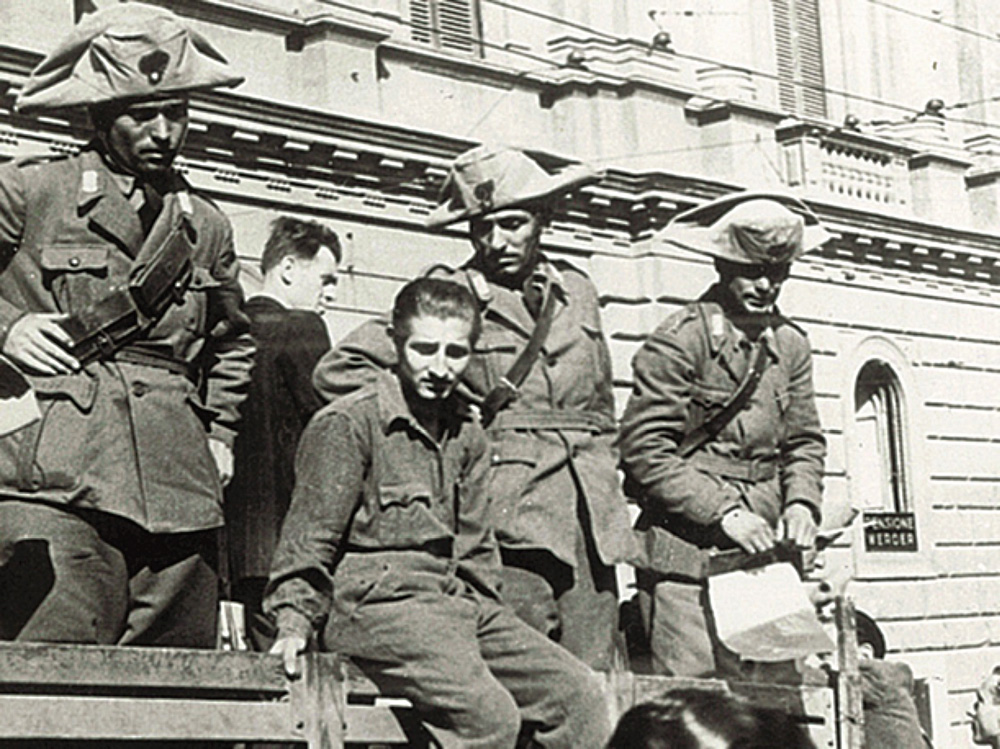Royal Decree Law no. 123 (published in Official Gazette no. 73 of 30/3/43) was issued on 30 March 1943, and laid down that “employees of the State Administrations and any citizen, who, not being in military service, are assigned, on the basis of mobilization papers, to commands, departments or services of the armed forces on land, sea and air mobilized by the respective general staffs, for war operations, assume the legal status of members of the military”.
Militarization entailed subjection to military criminal law, i.e. to the rules of military discipline in force for the armed force to which the militarized person was assigned, in return for negligible pay.
Many young men born in 1925 and eligible for military service were militarized: upon the arrival of the pink call-up postcard, instead of having to report for service at the assigned barracks, the young men were employed as cheap labour to build fortifications, anti-landing bunkers in foreign locations (e.g. Greece, southern France ) and sometimes “lent” to the German allies for the same reasons.
Following the crisis of the Monarcho-Fascist regime in the summer of the same year, on 23 September 1943 Mussolini proclaimed the Italian Social Republic (RSI), with its capital in Salò, then called up in turn those born in 1923, 1924 and 1925.
On 9 November, Marshal Rodolfo Graziani, in charge of reorganizing the RSI’s armed forces, called up all those eligible born in 1925 and the “disbanded” groups of those born in 1923 and 1924 (the 4th echelon of the 1924 group had been called up in the last round of conscriptions by the Royal Armed Forces, issued in the early days of August and expiring on 31 August).
The young men had to report to the military districts or to the podestà/prefectural commissioner of the municipality where they lived by 27 November; the deadline was then extended to 18 December.
After a few months, measures against evaders became more explicit and harsher, with the death penalty introduced for dodgers and deserters in February 1944. Later, in early 1945, came exemplary punishments for family members, with the introduction of so-called “parental responsibility”, whereby relatives of an absent or deserting soldier were punished “in his stead”.
Militarization of work and compulsory conscription under the Monarcho-Fascist regime and the Italian Social Republic
